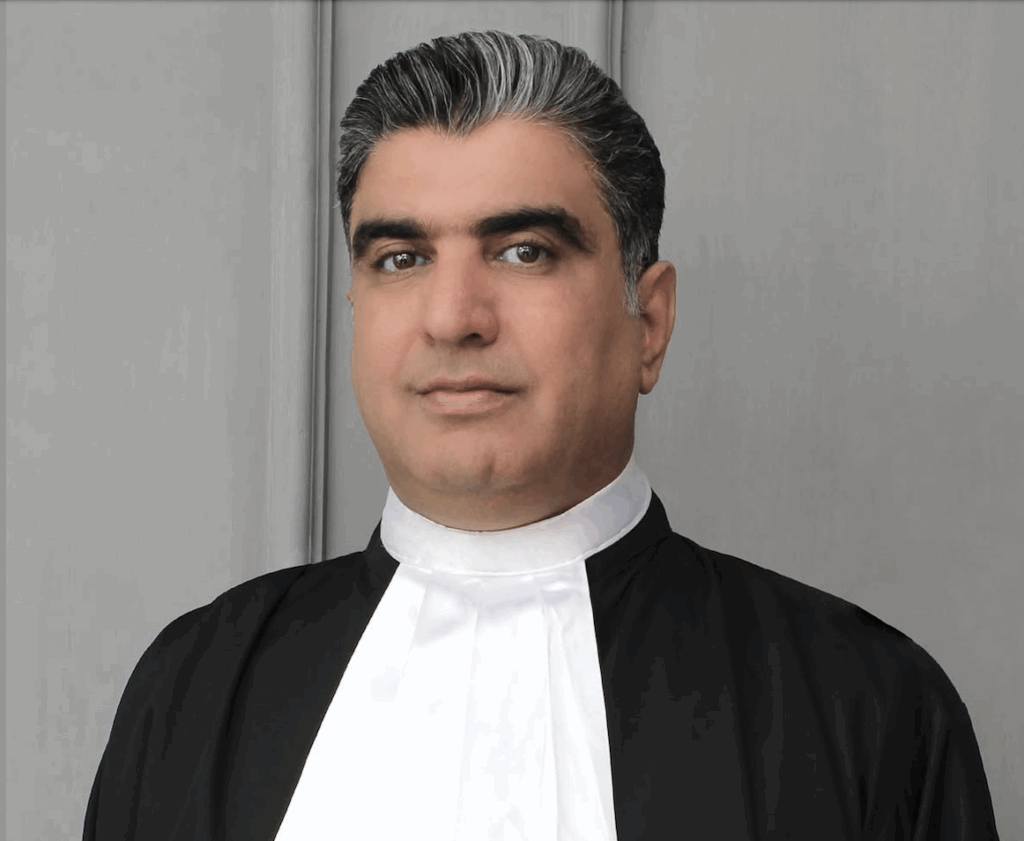On 16 July 2024, Lawyers for Lawyers, The Law Society of England and Wales, The Tahrir Institute for Middle East Policy (TIMEP) submitted a report for the fourth Universal Periodic Review (UPR) of Egypt. The next UPR of Egypt will take place in January 2025.
The UPR’s key concern is of Egypt’s compliance with its international human rights obligations under the UN Basic Principles on the Role of Lawyers, specifically on the issues of effective guarantees for the functioning of lawyers, the lack of independence of the judiciary, laws and regulations undermining the independence of the legal profession, the lack of fair trial guarantees that prevent lawyers effectively representing their clients and the systemic persecution of lawyers.
L4L has received reports that judges have become known to disregard due process, equality of arms and safeguards of both defendants and lawyers in cases of political opponents or human rights violations. Changes in the composition of the judiciary have also led to perceptions of some judges’ independence being compromised due to their ties to authorities and their positioning on certain cases, which is viewed as not being judged according to the law but to the wishes of the government.
Furthermore, continued recourse to emergency courts undermines judicial independence, notably because the President in consultation with the ministries of justice and defence determines the composition of the emergency courts and appoints their judges. There have been reports of cases being moved from ordinary courts to be tried before emergency courts to guarantee convictions in politically sensitive cases. This significantly restricts defendants’ procedural guarantees, not least because decisions of emergency courts cannot be appealed.
Apart from this type of rights’ violations, lawyers have reported experiencing prolonged waits in prosecution offices as they are not told presentation times, restricted access to their clients in detention (notably with regards to emergency and military courts), and not being able to communicate confidentially with their clients. Lawyers have also reported instances where investigations have proceeded without the presence of the accused’s lawyer or without their notification or where the prosecution has failed to provide the defence with all relevant information.
The report furhter highlights that Egyptian authorities have systematically targeted lawyers for conducting their professional duties, preventing them from performing their legitimate work through arrests, physical attacks, threats and intimidation. Following anti-government protests that started on 20 September 2019, the Egyptian
authorities arrested more than 2,400 people in two weeks. Many of the lawyers defending those arrested and imprisoned following the protests were themselves in turn arrested, and charged on anti-terrorism grounds.
An issue that remains of great concern in Egypt is a practice referred to as ‘recycling’ charges (also referred to as ‘rotation’ of cases). Under this practice, detainees who are about to reach the maximum period of pre-trial detention are re-arrested in connection with a new case, yet often on near-identical charges to the original case brought against them. This starts the clock on pre-trial detention over again and allows individuals to face longer pre-trial detention periods than conceived of under the law. This practice is repeatedly used against lawyers.
L4L, LSEW and TIMEP have thus, due to the above-mentioned concerns, called for immediate attention and taking measures to uphold the UN Basic Principles of the Role of Lawyers.




